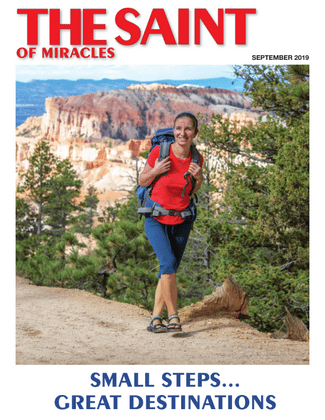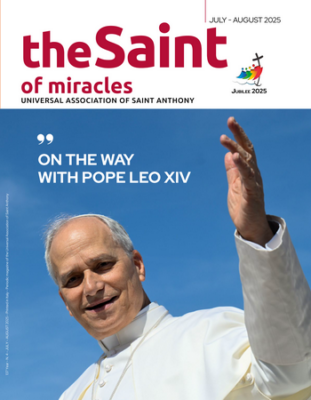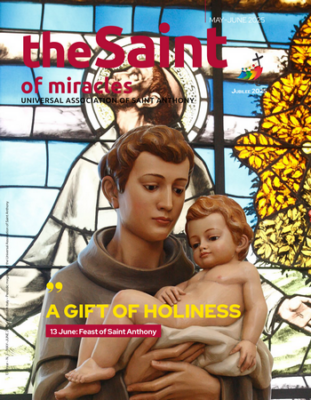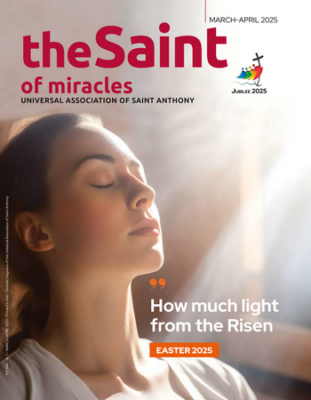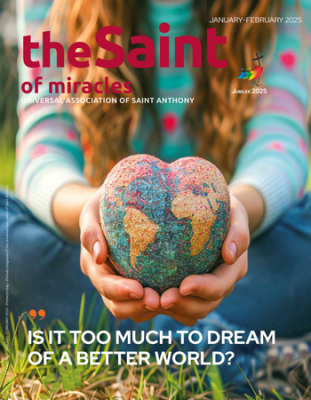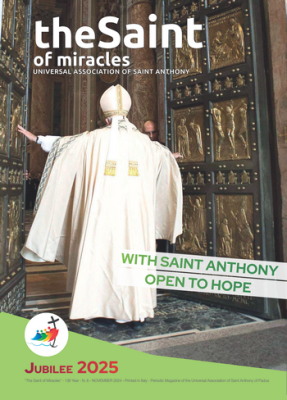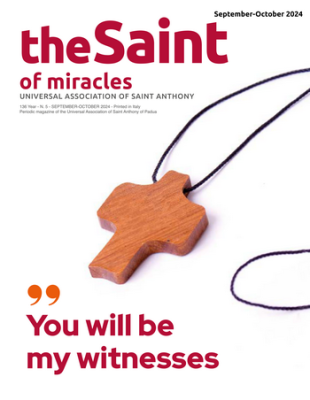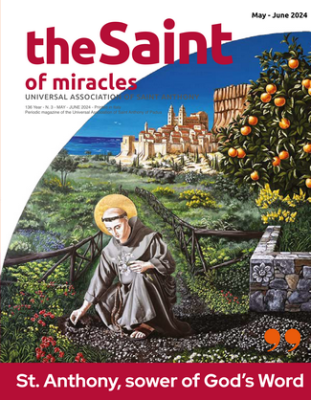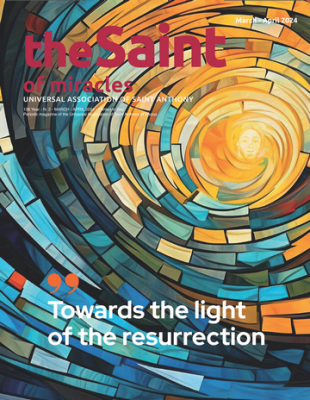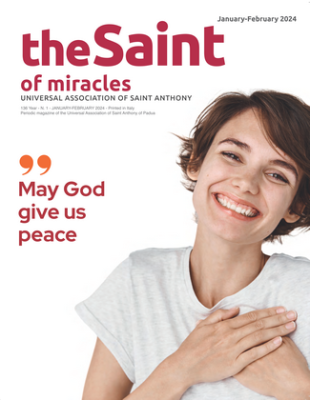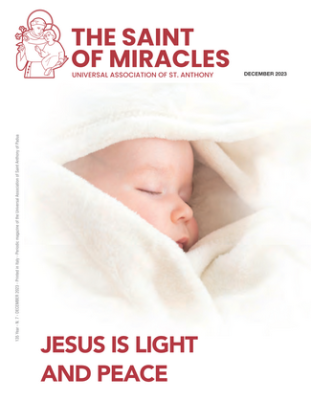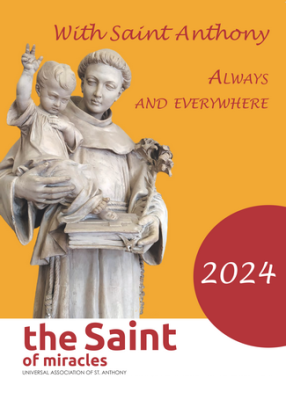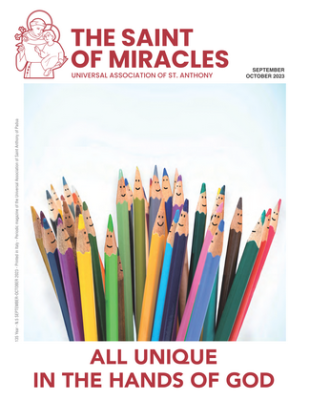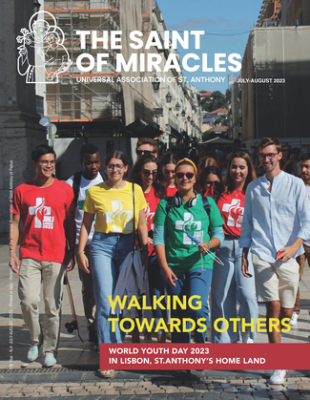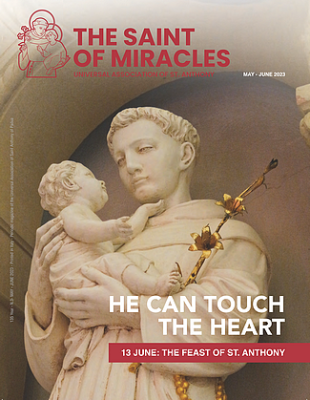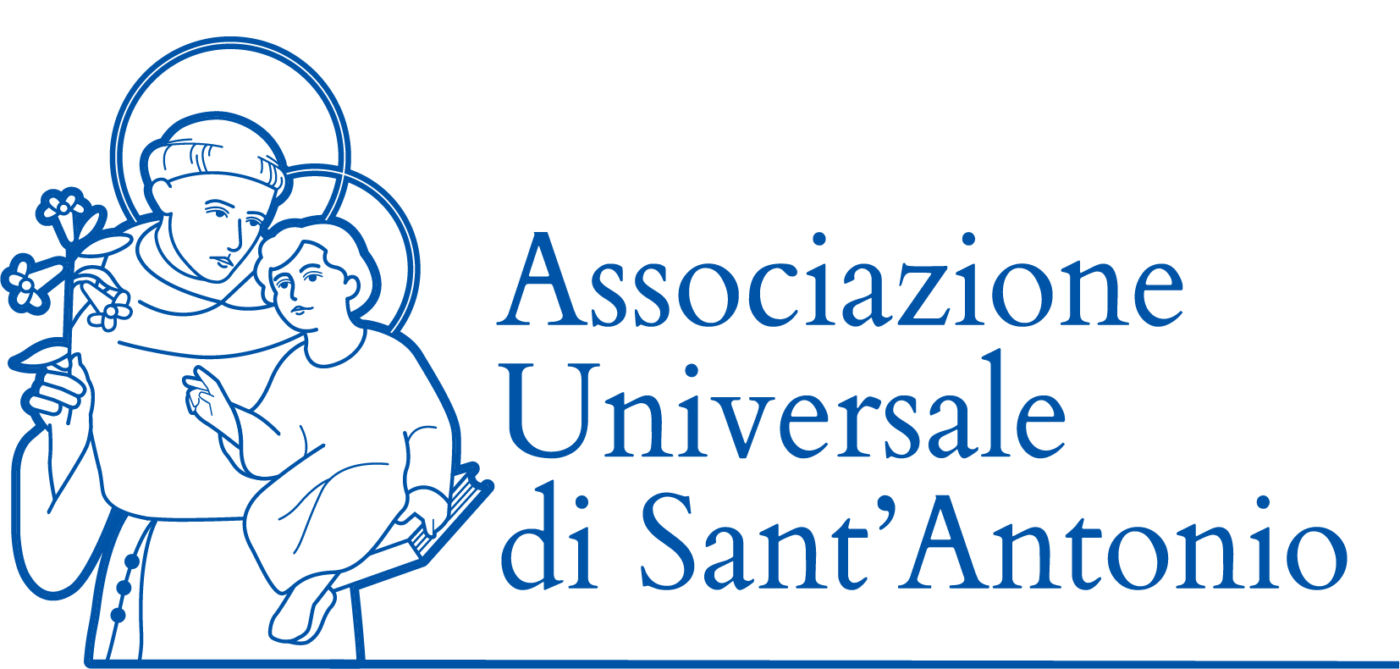Year 131 - September 2019Find out more
Travellers, insatiable seekers of God
Fr. Livio Tonello, director
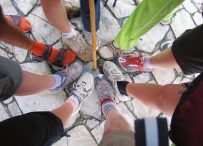
Life is a wonderful journey: a continuous going, sometimes slow, sometimes fast; a coming and leaving, a finishing and starting again. In the celebration of the Hebrew Passover it is proclaimed: “Tonight everyone considers himself out of Egypt”, to keep remembering the “passage” from slavery to freedom.
For this reason, the metaphor of the journey is used to indicate obedience to those Commandments that, inscribed in the depths of every man, are given to Moses on Sinai, right in the heart of the journey in the desert. So “walking in the ways of God” means “observing the Commandments”, listening to the Word and putting it into practice.
For Christians the discourse—or better, the “path”—does not change: being a disciple of Jesus of Nazareth means “following in his footsteps” (1 Pt 2:21), walking in his footsteps following the example of those who were able to walk with him along the roads of Galilee and Judea until they “went up” to Jerusalem, where he would complete his “exodus” from this world to the Father.
Physical journey, pilgrimage in faith and interior journey are intertwined to give us a key to understanding our entire existence and that of others. And every journey, in the outer space as well as in the depths of the heart, requires preparation, requires suitable tools and clothing and supposes food supplies: but the essential thing is the will to leave, to get out of a stagnant situation, from the slavery of habit.
Every adventure, even the Christian one, is subject to accidents on the way, involves ballast to give up in order to continue the journey, it encounters fears and dangers that threaten to interrupt it, that make those who are obliged to eat “manna” every day regret the “onions of Egypt”. But the awareness of the purpose of this search remains fundamental: the promised land is a land of delights not because it is better than the one left behind, but because it is the only authentic land, the only one capable of making us express the best of ourselves, our true vocation.
If the itinerary is not only “the transfer from one place to another” but goes beyond the limits of the known, coming across new aspects of truth, then you can understand how there are frantic travellers “motionless” and tireless lovers of the elsewhere who do not stop to discover unknown landscapes and hidden treasures precisely because they are rooted in the humus in which they live. In a Jewish story, picked up by Martin Buber (1878-1965), it is said that a certain Eisik from Krakow had dreamt that, on his way to Prague, he would find a treasure near the bridge of the royal palace.
Having gone on foot and searched for days and days in vain, he also had to endure the mockery of a guard who, informed of the reason for his labours, turned to him like this: “You are stupid to listen to dreams! Then I would have had to leave for Krakow to look for a treasure under the stove of a certain Eisik...”. Eisik said goodbye, came home, moved the stove and unearthed the treasure.
Yes, every journey ends where it started, or better, never ends, but it proceeds from beginning to beginning, as Thomas Eliot (1888-1965) had well understood: “We shall not cease from exploration, and the end of all our exploring will be to arrive where we started and know the place for the first time”. A vicious circle, then?
Not if you recognize with renewed amazement that the starting point is not us but God in us. So the journey is a progressive penetration into the depths of the mysteries of God through an ever more conscious knowledge of ourselves and our limits. And the resumption of the journey will be sweeter.


 Italiano
Italiano Français
Français